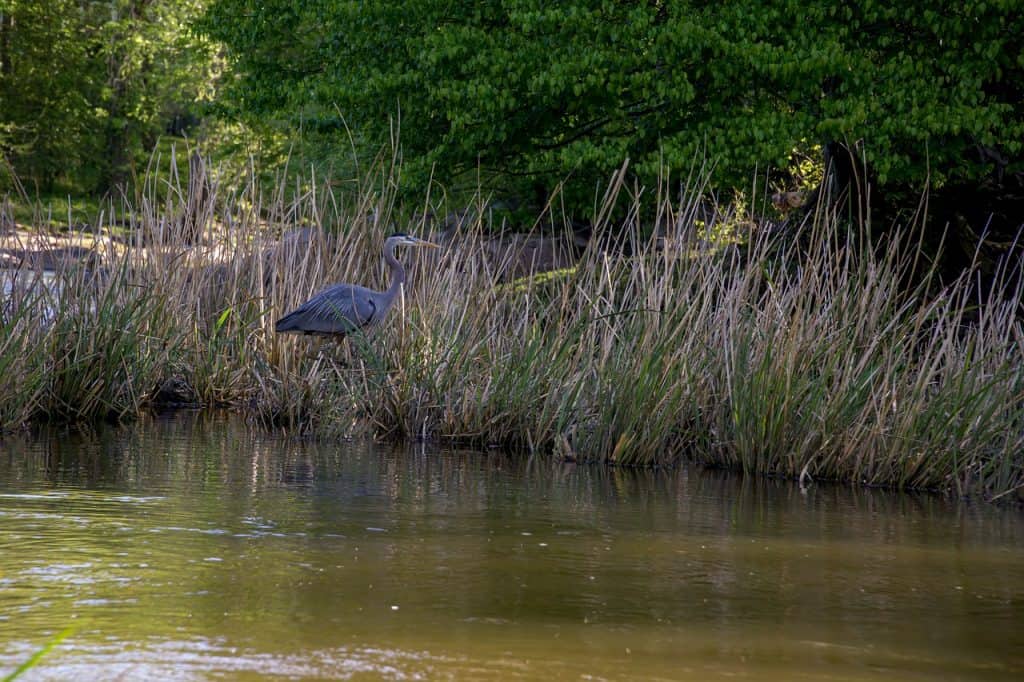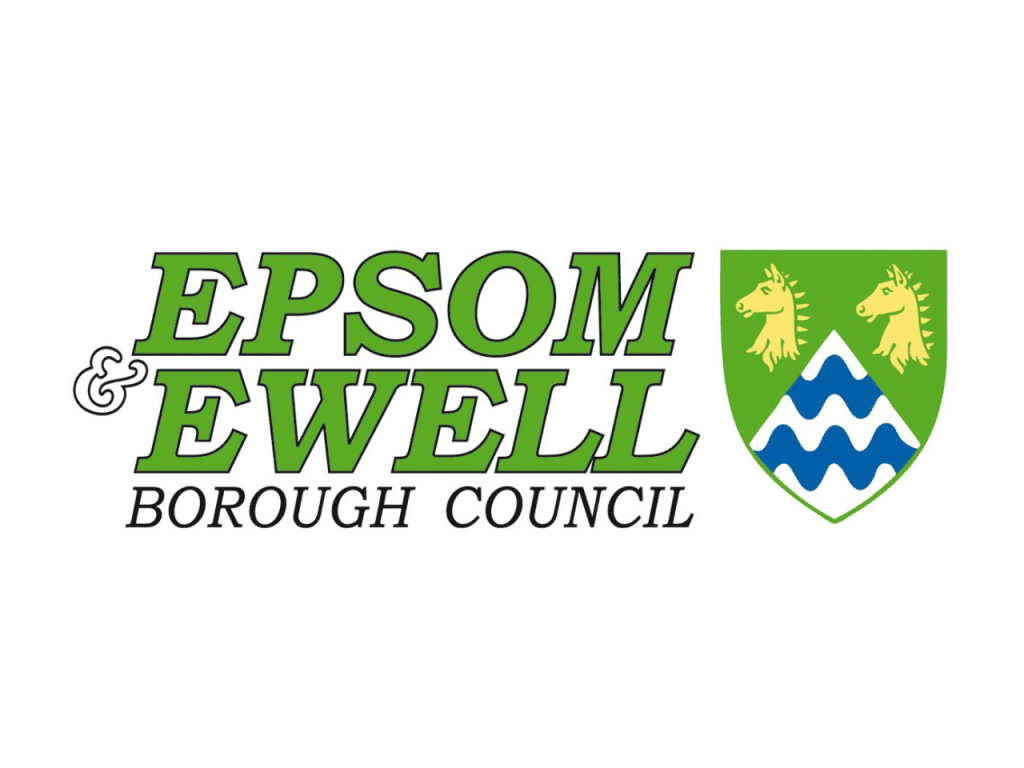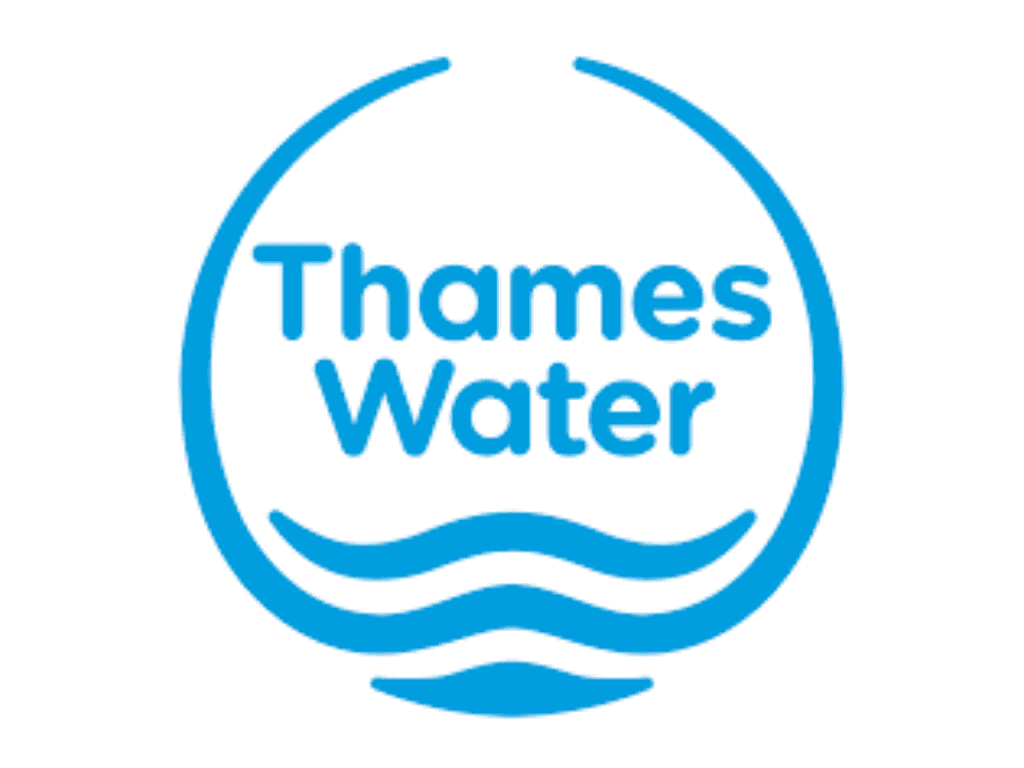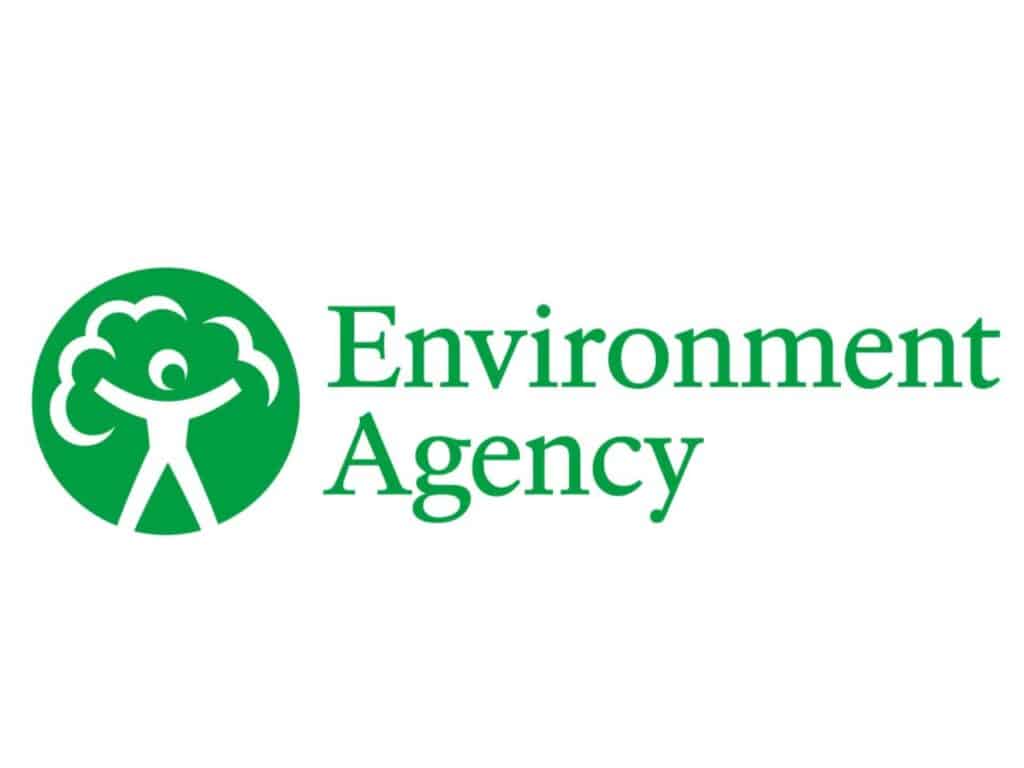Project update Spring 2024
The main bulk of the construction work was completed in February 2024. The newly created wetlands swiftly attracted wildlife and provided a benefit to the Hogsmill River downstream.
We would like to thank everyone who came to the wetlands launch day in April, plus the volunteers, including from groups and schools, who added approximately 10,000 plants to the edge of the water in spring. It was great to celebrate the wetlands with the community and to give people the chance to get involved with adding the vegetation that will be key to helping them become a haven for wildlife.
The project doesn’t stop here and SERT will be monitoring the wetlands to assess their performance. We will also be working with Epsom and Ewell Borough Council to rectify any small tweaks which may be needed over time.
Big, new sites like these always take time to bed in after completion. We will continue to see development over the coming months and years. We continue to appreciate your support and patience.
The weather has meant the ground has been very wet and boggy until early spring. With the weather improving, a contractor will come and smooth the ground outside the stock fencing. This will be seeded with a wildflower mix.
The green plastic barrier fencing will remain in place to allow the grass to establish, so that the area can be enjoyed without it becoming muddy. Once established, this area will then be accessible to the public.
Contractors will be out in early May to finish the bridge, sloping the footpaths up to it so there is no step, which can be hazardous. Once complete, the bridge will be accessible to all.
Geese can be a nuisance when wetland plants are first put in, so fencing has been placed to try to protect all of the plants while they take root.
We hope residents can take enjoyment from the site and from seeing how it progresses while nature takes hold more and more!
Flow along the Hogsmill upstream of the wetlands is particularly strong at the moment, following the long period of wet weather, meaning the stepping stones have been under water. We expect the water level to drop as we approach summer, but will keep checking them regularly.










